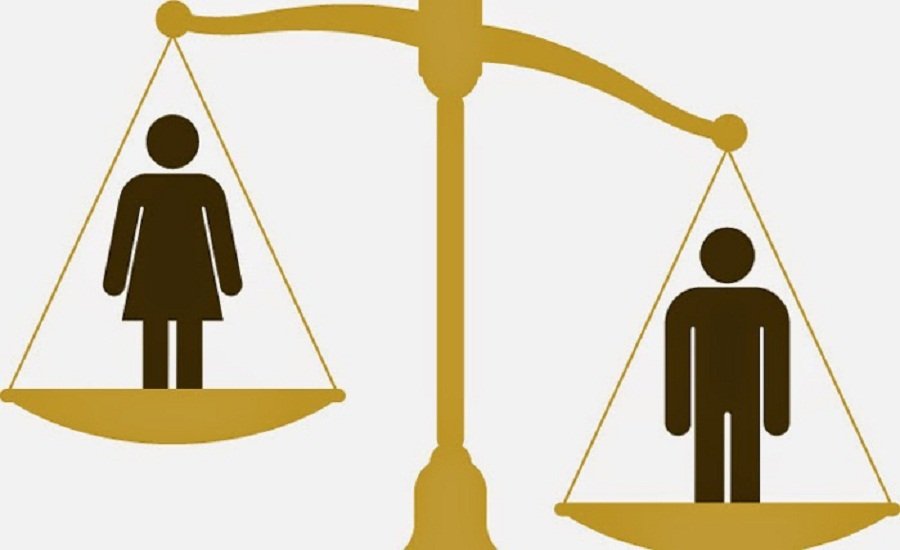Trigger warning: graphic description of sexual assault.
In matters of sex, the common law tradition views women ambivalently at best: even when not intentionally dishonest, they simply cannot be trusted to know what they want or mean what they say.
– Susan Estrich, Rape
About a month ago, a two-judge Bench of the Supreme Court dismissed a special leave petition against the Delhi High Court’s judgment acquitting Mahmood Farooqui, acclaimed co-director of Peepli Live, of rape. Since the Court was not obliged to publish a record of the proceedings, we only have media reports to relay what happened. But what went on in that courtroom that day paints a rather vivid picture of our collective perception of women.
The evidence is flawlessly in favour of the petitioner (perhaps the very reason the Bench did not even begin considering it): when Farooqui first kissed the petitioner, she said no and pushed him back. When he tried to kiss her again, she said no. He again tried to force himself on her. She said no for the third time.
Subsequently, he pinned down her arms. She tried to push back. She then remembered what had happened with Jyoti Singh and for fear of death, froze. She let him perform oral sex without resisting (and therefore without injury to herself). In the end, she faked an orgasm just so he would stop.
The Delhi High Court held this clear, verbal communication of non-consent, repeated three times, to be a “feeble” no, going on to indicate that women do not say yes verbally (as it is the man who initiates sex), and a feeble no is, in fact, a yes, especially when uttered by an educated woman. The Supreme Court Bench held this High Court decision to be “well decided”.
The Supreme Court Bench commenced proceedings by inquiring whether Farooqui and the petitioner were in a relationship. But the offence of rape does not concern itself with preexisting relationships; in fact, there is a specific provision in the Indian Evidence Act prohibiting evidence of the victim’s character.
If women are married or in a relationship with men, these men have free reign over their bodies, sovereignty and sexuality.
There is a marital rape exemption, but there is no exemption for friends, acquaintances, lovers, family members or those in a relationship. So there was no reason whatsoever for the judges to ask this wholly irrelevant question.
The fact that they did ask it reflects exactly how women are perceived – very simply, as property. If they are married to a man or in a relationship with a man, that man has free reign over their bodies, over their sovereignty and over their sexuality.
In effect, what asking that question implied was that if you are a woman, whoever you are in a relationship with, or have ever been in a relationship with, has the right to rape you. How then can we ever expect to decriminalize marital rape, if we cannot even get beyond assigning women as the property of the men they are in a relationship with?
India has had a long tradition of treating women as property – our adultery laws (we are one of the few countries that still criminalize adultery) indicate this attitude and the hundreds of kanyaadaans going on in the country every day only serve to perpetuate the myth that every woman is first the father’s property, and then the husband’s, but never her own person. This is not to say this doesn’t exist elsewhere of course; Christian weddings also involve the practice of ‘giving away’ the woman.
The petitioner’s lawyer then pointed out that consent was given under fear. The Bench responded by bringing up the fake orgasm and asking how therefore was Farooqui to know that she didn’t consent, entirely refusing to consider the three clear verbal ‘no’s she had previously voiced.
Also Read: Understanding Consent Beyond A ‘Yes’ Or A ‘No’
However, they refused to even say the word ‘orgasm’. It is fascinating to see exactly how scared we are, as a society, of admitting that women have sexual agency, that women also need to be pleased in bed. Let me be clear, I am not conflating bad consensual sex with nonconsensual sex; the petitioner in this case very clearly did not consent.
But what is intriguing to me is that (the men in) our courts and society are utterly unwilling to grapple with the idea of women owning their sexuality, or the possibility that when they are engaging in sexual activity with women, the woman’s positive response may not be real! Coming to terms with this fact may well lead to a collapse of the massive societal palace that is the collective male ego.
The Bench then directed the petitioner’s lawyer to read out an email the petitioner sent to Farooqui after that night, wherein she had stated that she “went along because [she] feared that something bad would happen”, and consented purely due to his “physical force” and the “pressure” from his end. In a laughable twist, the Court completely ignored this part of the email and fixated on a latter part wherein the petitioner had said, “I love you”.
When the petitioner’s lawyer replied that this may well occur in situations where the rapist knows the victim, the Bench rejected this, sticking to their black and white version of human relationships and refusal to recognize the complexity of human interaction. I may love someone, and continue loving them after they have raped me (whether this is my husband, boyfriend, or anyone else) – once again, that does not mean I consented; what is relevant to rape is only what happened at that place, during that time, irrespective of pre- (or post-) existing relationships.
Our Supreme Court has had a long and legendary line of judgments establishing the harm of rape. The harm is not, in fact, the violation of a woman’s privacy or autonomy or dignity. It is the harm to her virginity, her ‘chastity’, her ‘purity’. This is clear through the higher sentences handed out in convictions when the victim is a virgin or the preoccupation of the Court in almost all cases is with the victims’ marriage prospects and family honour and shame.
the hundreds of kanyaadaans every day only perpetuate the myth that women are first the father’s property and then the husband’s.
When a woman is already married, or in a relationship, or of “loose morals”, she is ‘tarnished’, ‘contaminated’, as the petitioner, in this case, was (the Court specifically took cognizance of her previous physical intimacy with Farooqui). There is then no harm caused by rape or sexual assault. Despite the above Evidence Act provision prohibiting evidence of the character of the victim, such evidence persists, either through cross-examination or invasive medical procedures that establish the state of the victim’s hymen.
The reason the harm is not to women’s autonomy is that women are perceived as not having any autonomy in the first place. India has made a tradition of denying women their autonomy, a habit that found its epitome in the infamous adage – a feeble no is actually a yes.
Another recent example is Hadiya’s case, wherein the Kerala High Court refused to believe a 24-year old woman’s word and respect her desire to marry a Muslim man, not allowing her to go to college and handing her back to the custody of her parents. Women have always been infantilized, attitudes toward them always paternalistic.
Government forms require fully-grown adult women to state their husband or father’s name (again, we are simply chattel). Panchayats in many parts of the country still control what we can and cannot wear and whether we can possess mobile phones. All of us are still being told when to marry, whether to marry, who to marry, when to have babies, how many of them to have, what career to pick, how much to eat, how to sit properly, how to speak properly, how to behave.
Unfortunately, the mentality towards women remains the same, irrespective of whether the person perceiving them is a criminal, police or judge. Until both society and courts start listening to us and start taking our no’s for no’s (and yeses for yeses), until they stop denying us our autonomy, and therefore our humanity, and until they start respecting us as equal human beings, we will never live in a just world.
Also Read: The Farooqui Judgment: A No Is A No – No Ifs, No Buts
Featured Image Credit: Caravan Daily
About the author(s)
Mini Saxena is a lawyer from Delhi. When she's not ranting about feminism, you can find her travelling solo, dancing like no one's watching, or reading.




